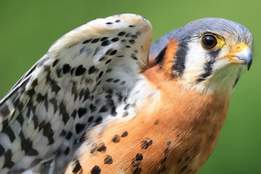1
archaic
: a huge serpent
2
: a mythical animal usually represented as a monstrous winged and scaly serpent or saurian with a crested head and enormous claws
3
: a violent, combative, or very strict person
4
capitalized
: draco
5
: something or someone formidable or baneful
Love words? Need even more definitions?
Merriam-Webster unabridged










Share